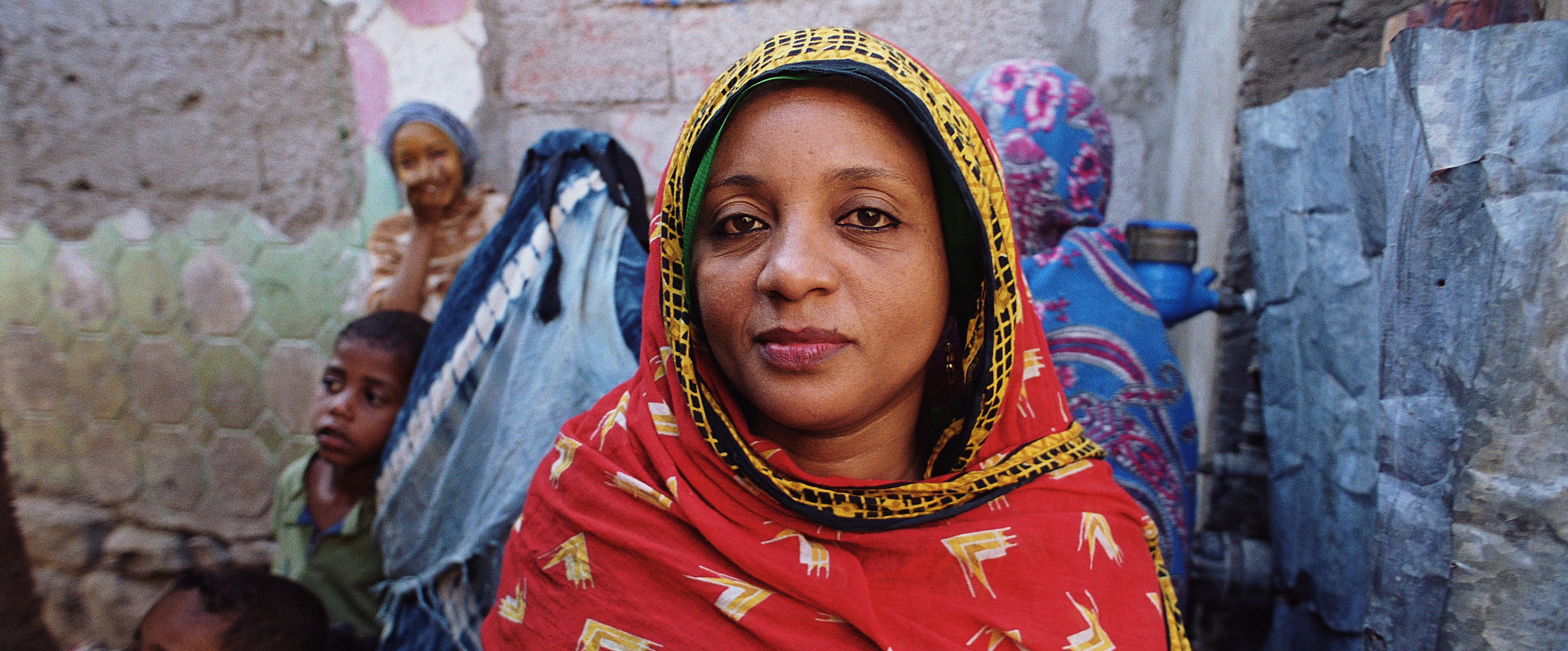In Order to End Conflict, We Must Empower Women Worldwide
Around the world, conflicts are exposing people to unimaginable tragedy. In Syria, an estimated 14 million people have already fled the country in the five years since civil war broke out, seeking refuge in Turkey and Lebanon, throughout the European Union and in the United States. In Nigeria, the threat kidnapping at the hands of Boko Haram lingers over residents in northern states, forcing many families into refugee camps as villages are considered unsafe. In the Democratic Republic of Congo and the Sudan, long-term conflict has displaced nearly three million people, eroding the social fabric and forcing some to abandon their homes - and families - for more than three decades. Estimates show that on average, refugees spend roughly 17 years away from home when crises hit.
Even in times of peace, gender discrimination profoundly impacts women and girls’ lives. When crises hit, women’s and girls’ vulnerabilities to discrimination are magnified, as family and social structures begin to break down and too often government entities and the justice system, which are often already stretched thin, can no longer meet their needs. In times of conflict, women’s and girls’ prospect to live a healthy, empowered life go from an uphill battle to virtually impossible.
During periods of social upheaval or instability, incidents of violence against women increase, including sexual violence and domestic violence at the hands of husbands or partners. Opportunities for a quality education become limited and opportunities for women to earn an income to support their family are few and far between. In some settings, there has been a big uptick in girls forced into marriage when they’re still children, as parents marry their daughters off in an effort to protect them from threats of violence within camps. For example, in Jordan, UNICEF found that rates of child marriage had more than doubled among Syrian refugees. Barriers to safe, comprehensive health care are myriad and impact women’s and girls’ ability to live a safe, healthy life and can even end in tragedy: A recent report by the United Nations Population Fund found that 507 women and adolescent girls die in humanitarian settings every day, due to a lack of reproductive health services.

In the development field we know that women must be central to any community-building efforts if they are to succeed. The same is true during times of conflict. Yet despite the enormous challenges that women face during times of conflict, women’s voices may not be reflected in peace and recovery efforts.
When conflicts arise, we must ensure women and girls are not only active participants in tackling the challenges they face on a daily basis, but we must also give them the tools, the space, and the agency to begin to rebuild the social fabric. This is critical to creating an atmosphere that meets peoples’ needs, ushers in peace and creates resilience against future conflict - and the evidence shows why this matters.
The International Center for Research on Women evaluated a dozen initiatives in Uganda, the Democratic Republic of Congo, Rwanda and the Congo - countries where civil strife and conflict have affected millions of people - and found that the programs that gave space and opportunity for women to contribute to the rebuilding of their community were far more successful in helping to repair the social fabric than programs that excluded women. These initiatives also showed greater promise for sustained peace and development within communities.
Currently, only nine percent of negotiators in peace talks have been women. While United Nations resolutions passed in the past two decades have underscored the importance of women’s role in preventing, managing and resolving conflicts, their inclusion in these critical conversations is sparse - to the detriment of their communities. When women and girls are included in the rebuilding of their communities, the long-term policies are likely to be more inclusive of and responses to, problems faced by women, girls, and their families.
If we want to end conflict where it exists, we can no longer ignore the role women must play. When women’s needs are not met and when they are excluded from the rebuilding and recovery process, communities are less resilient. And when communities are less resilient, they are more likely to fall back into periods of instability that lead to conflict. With such instability, conflict and war will continue to be the norm - rather than the exception - around the world.


